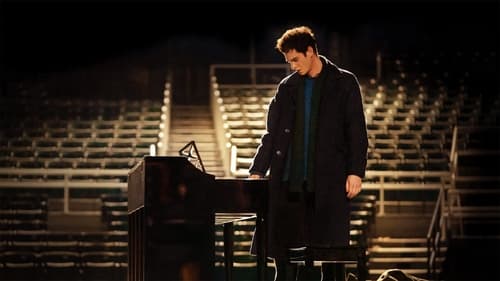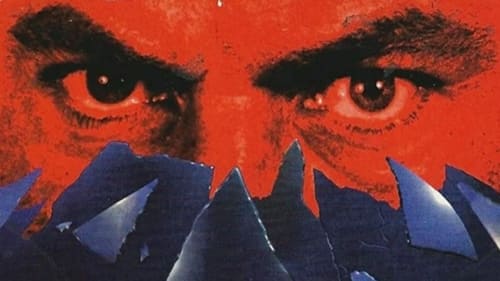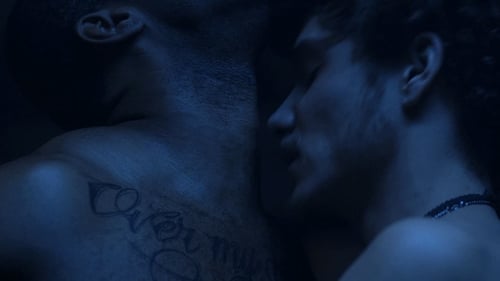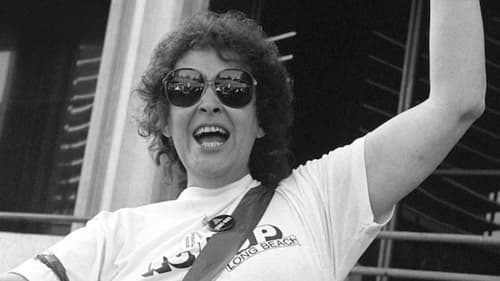Wounded Blood (2021)
Genre : Drama
Runtime : 0M
Director : Danni H. Ugali
Writer : Danni H. Ugali
Synopsis
A story about life, love, survival and death of a family struggling to find a place under the sun. The son got infected with HIV and that's when the conflict started.

On the cusp of his 30th birthday, Jonathon Larson, a promising young theater composer, navigates love, friendship, and the pressures of life as an artist in New York City.

A reality in which the definitive cure for HIV-AIDS has been found. The government, through the media, makes the announcement official and with it begins protocolization campaigns for HIV-AIDS immunity. But what about people who are already infected?

After the Stonewall riots and at the height of the gay liberation movement in America, an entire generation were busy celebrating their newfound emancipation, unaware of an impending epidemic. A disease that seemed determined to wipe out an entire generation of gay men, was largely ignored by politicians and the mainstream media. Gaetan Dugas was a French-Canadian flight attendant, who offered to help early scientific research into the origins of AIDS. An unfortunate series of events followed and he would be vilified as Patient Zero, the man who gave us AIDS.

Letter Beyond the Walls reconstructs the trajectory of HIV and AIDS with a focus on Brazil, through interviews with doctors, activists, patients and other actors, in addition to extensive archival material. From the initial panic to awareness campaigns, passing through the stigma imposed on people living with HIV, the documentary shows how society faced this epidemic in its deadliest phase over more than two decades. With this historical approach as its base, the film looks at the way HIV is viewed in today's society, revealing a picture of persistent misinformation and prejudice, which especially affects Brazil’s most historically vulnerable populations.

Five documentary shorts about various children from the third world.

This follow-up to the 1989 documentary ONE YEAR IN A LIFE OF CRIME revisits three of the original subjects in New Jersey during a five-year period in the 1990s. We share in their triumphs and setbacks as they navigate lives of poverty, drug abuse, AIDS, and petty crime.

A musical documentary accompaniment to the 1994 benefit compilation album concerning AIDS in the African-American community.

The voices of five gay men who cruised for sex at the World Trade Center in the 1980s and 1990s haunt the sanitized, commerce-driven landscape that is the newly rebuilt Freedom Tower campus.

William Hart McNichols is a world renowned artist, heralded by Time magazine as "among the most famous creators of Christian iconic images in the world". As a young Catholic priest from 1983-1990 he was immersed in a life-altering journey working as a chaplain at St. Vincent's AIDS hospice in New York city. It was during this time that he became an early pioneer for LGBT rights within the Catholic church. "The Boy Who Found Gold" is a cinematic journey into the art and spirit of William Hart McNichols. The film follows his colorful life as he crosses paths with presidents, popes, martyrs, and parishioners, finding an insightful lesson with each encounter. McNichols' message as a priest, artist and man speaks to the most powerful element of the human spirit: Mercy.

Jeff, who has been diagnosed with AIDS, decides to get his revenge on the world by attacking people with hypodermic needles filled with his blood.

Kate, Anton, and Keith, three young artists in New York's art scene of the early 1980s. An intimate glimpse into the creative and emotional lives of the young and carefree. They party, photograph, paint, sing, and play their way through the clubs and lofts of Alphabet City. The party ends in 1984 when Anton and Keith contract a mysterious illness known as the "gay cancer." As her music career takes off, Kate tries to save her friends.

Seizing her power as she confronts her mortality, trailblazing trans activist Connie Norman evolves as an irrepressible, challenging and soulful voice for the AIDS and queer communities of early 90's Los Angeles.

When a young dancer moves to San Francisco in the early 1980s, signs of a sickness test his relationships, as well as his lifelong dream in this strikingly photographed and stirring portrait.

Two days in young Rasmus life. Day one he tells his parents that he has AIDS. Day two when he dies, in the wake of the disease.

"GENERAL IDEA: Art, AIDS and the fin de siècle is a humorous, informative and ultimately poignant documentary about General Idea. Formed in 1969, they produced art that targeted and mimicked media, consumerism and celebrity, creating a revolutionary new spirit of art making. Interviews with AA Bronson, the sole survivor of the trio, lends personal relevancy to this story of art and sexual politics. GENERAL IDEA: Art, AIDS and the fin de siècle is a tale of love, fame, overwhelming loss and, ultimately, renewal."
-AGO.net

Beat Goes On is an impressionistic portrait of the activist Keith Cylar (1958–2004), co-founder of Housing Works and a central figure in the AIDS Coalition To Unleash Power (ACT UP) NY. Cylar spoke clearly, frequently and with moral force about the struggles of people living with HIV/AIDS in New York City, many of whom were impoverished and struggling with multiple social and medical problems. His openness about his own drug use and the centrality of the fight against the criminalization of drugs for AIDS activism make Cylar's legacy especially resonant and relevant at this time.

Two strangers meet at a train station on the day of an LGBT march. Their conversation drifts from topic to topic, as they flirt, argue, do small talk, and eventually share their secrets and loves.

Voices of Positive Women is a ground-breaking documentary examination of the impact of HIV and AIDS on the lives of women working from material published in the book "Positive Women", a collection of personal accounts of women from all over the world living with AIDS and HIV. Bravely sharing their experiences publicly in what until now has been a void of information and support, and in some cases medical and bureaucratic denial that women are even at risk, the nine women presented in Voices of Positive Women speak compellingly on their own terms of their personal struggles for survival and voice.













